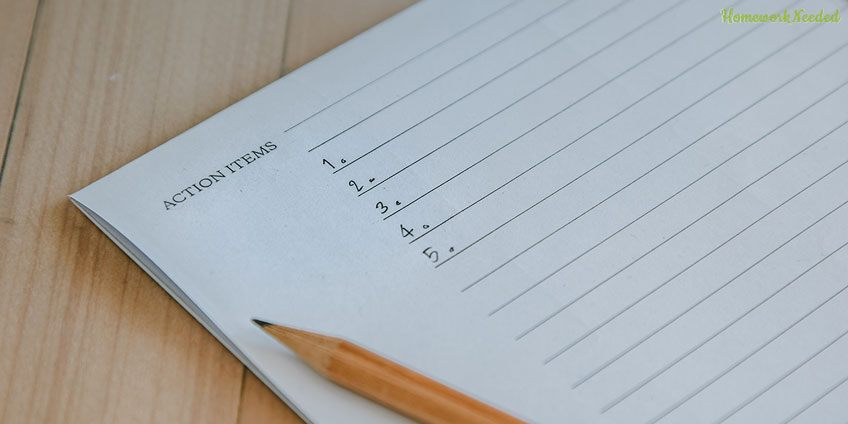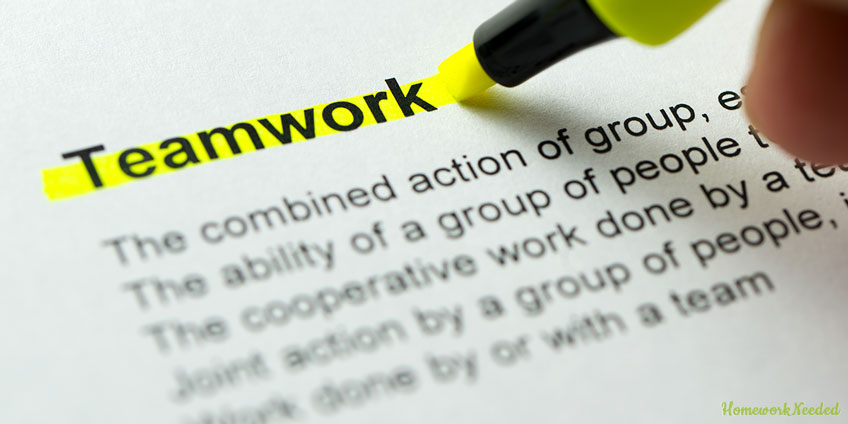
It is crucial to attend all the lectures because usually, professors give you the information you cannot find anywhere else, and will definitely need for your exams. However, human being’s memory is tricky, and it keeps mostly the interesting information, and this is often not what you need. In such case, lecture notes come in handy. To benefit from your notes the most, we offer you a few tips to apply during the lectures. If you need assistance in summarizing materials from the course books, you may also go to Homeworkneeded.Com
Tip #1: Your Own Words
Do not try to write down the exact professor’s words you hear. Moreover, this will not be possible if the tempo of professor’s speech is quite high. In this case, you will get a set of words which are barely connected to each other. We advise you to write down what you hear in your own words. Firstly, your brain will not go into a “sleeping mode,” but instead, it will process the information, hence this way it is remembered better. A scientist Scott Young has a blog discussion on this issue, so you may check it out.
Tip #2: Develop Your Code

Develop your own encoding language for making notes. Using signs will help you to save time and put down much more information. For example, an arrow can substitute “leads to,” or speed can be replaced with “V.” The set of symbols should be developed based on your subject. You will soon get used to your way of making notes. However, your notes will not be useful for your mates, because they will have a hard time understanding what you wanted to write.
Tip #3: The Correct Format
Use the method of Cornell notes. In 1950, a professor of a Cornell University Walter Pauk offered to make notes diving a page into 3 pars, and it was proven to be effective for a few generations of students.
The right part (2/3 of the sheet’s width) is for putting down the main ideas of the lecture.
The left side, which is narrower, is supposed to contain questions, signs, comments, and pictures.
The bottom of the page should be used as the place for conclusions and a brief summary of the page content.
The plusses of the method are numerous: it is much more comfortable to navigate within your lecture notes and you may just review the summary. To search for a certain term, theorem, or thesis, all you need is to look at the left side.
Tip #4: Make Voice Recordings
It will be a good idea to make voice recordings while listening to the professor. However, you should better come to him/her beforehand, and ask them to write a permission not to face issues with intellectual property. If you are an audial, you will be able to listen to the recording while in public transport. Moreover, you may improve your written notes later after listening to the recording. It is quite natural to miss some important details, or just get distracted for a few minutes.
Tip #5: Use Highlighters

You will find the necessary information easier to process when you write down the notes from the lecture using highlighters. To make your notes well-organized, assign a certain role for every color. For example, pink highlighter may mark the new terms you need to search for in the dictionary to understand the issue better. The green highlighter will be good for the topics and subtopics of the notes you write. Blue one may be used to emphasize on problematic points that may be a good topic to write an essay. Basically, it all should depend on your color preferences. If you are so serious that you dislike that bright stuff, use blue and black gel or ink pens and/or pencils.
Tip #6: Use Technical Devices
In order not to store lots of notebooks where you write down the key points from your lectures, or take them with yourself every time you attend classes, use your tablet or a laptop. The electronic lecture notes are always handy, so you can review them when going home from work and classes. Moreover, you can reorganize the notes according to the certain criteria, create tables and diagrams to process the information better and even memorize it. You will not lose the notes, as you can always print them out. Furthermore, it will not take a half of your dorm room to store the notes from your previous and current academic years. We often throw them away, and after that, we realize we really need this information.
Tip #7: Write Responsibly
This is the last tip, and it may sound quite vague. Nevertheless, we consider it useful enough to mention in this text, and just paying attention to this point will already bear fruits.
Be thoughtful when writing down the key points of what your professor tells you. You should study responsibly, and understand that you are the one who needs the notes, and this is not just your duty to write while you listen. Information is priceless, and in this particular situation, you already know what the use of notes is: at the very least, you will need it for the exam preparations, not even talking about your future job career after graduation. Your degree certificate is a valuable document, but what matters more is the knowledge you already have in your head, as well as information you know where to get an access to quickly.
We hope that the tips given will assist you in making effective notes that will be of a great help during your exam preparations. You should understand that your notes need to be maximally personalized, so they will be adjusted to your learning type. Discover yourself, listen to your heart, check our pieces of advice and succeed!

